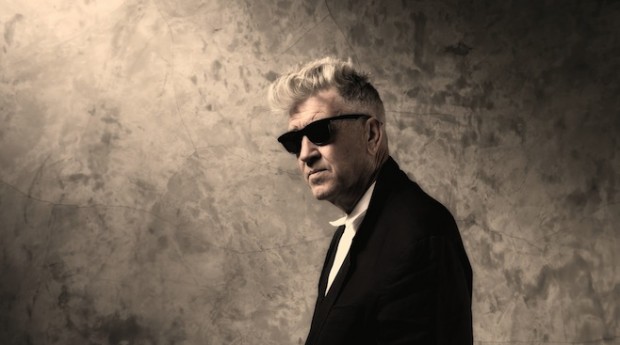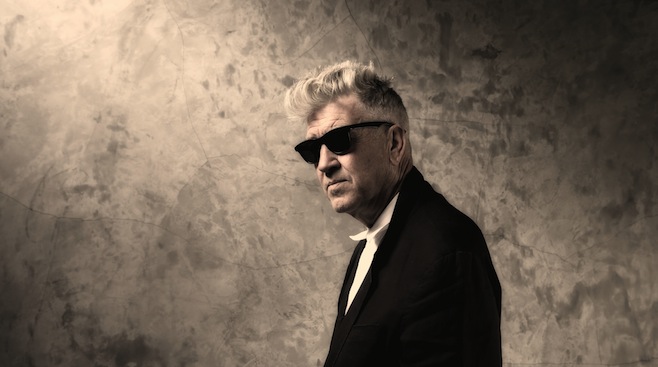
Dailies is a round-up of essential film writing, news bits, and other highlights from across the Internet. If you’d like to submit a piece for consideration, get in touch with us in the comments below or on Twitter at @TheFilmStage.
Cameron Crowe’s Vanilla Sky will arrive on Blu-ray on June 30th with an alternate ending.
Bill Plympton has a launched a Kickstarter for his next animation, Revengeance, inspired by The Big Lebowski, Inherent Vice and Pulp Fiction:
The Dissolve‘s Nathan Rabin on how The Master offers an insane cure to a mad world:
Paul Thomas Anderson’s deeply sad 2012 psychodrama The Master was inspired by the life of author L. Ron Hubbard, founder of Scientology. But Anderson has also paid vocal tribute to Let There Be Light, John Huston’s Army-funded (and then disavowed) 1946 documentary about a military mental hospital where men shattered by World War II try to pull themselves together for the sneakily rigorous demands of peacetime. As Light’s narrator asserts, these men have spent years with a goal—to kill without being killed—that has no place in their peacetime lives, assuming they don’t want to join law enforcement or re-enlist.
Watch a video tribute to the films of David Lynch:
The Verge‘s Chris Ziegler on how rich people watched Furious 7 last weekend:
In the world you and I know, there are basically two legitimate, legal opportunities to catch a new flick. First, of course, there’s the theater, where we pay anywhere from $10 to $30 for the privilege of sitting in a velour seat of dubious sanitation next to talkers and texters hell-bent on ruining the experience, all while our shoes stick to years’ worth of petrified Coca-Cola, popcorn, and Sno-Caps. The next opportunity comes several weeks to several months later, when titles make the transition to on-demand streaming services, and eventually to other premium services like HBO and Netflix.
Keyframe‘s Cristina Álvarez López discusses Lynne Ramsay‘s Ratcatcher:
In a static, slow-motion shot, a small boy, Ryan (Thomas McTaggart), turns while wrapping himself in a white curtain decorated with flower patterns. The sound—faded, distorted, as if coming from a distant place—takes the child’s subjective perspective. We might imagine this is how babies sense the exterior world when they are in their mothers’s womb—or how bodies experience the last moments before death’s embrace. Suddenly, Ryan’s mother (Jackie Queen) bashes his head, and her angry voice reprimands him. Sound and movement recover their realistic character. When both figures leave the frame, the camera remains in the same position, showing how the curtain slowly unravels. Lynne Ramsay’s Ratcatcher (1999) opens, as her best known feature We Need to Talk About Kevin (2011) also begins, with the camera fixated on this curtain: a veil between the real, material world and the inner depths of dream and fantasy.

